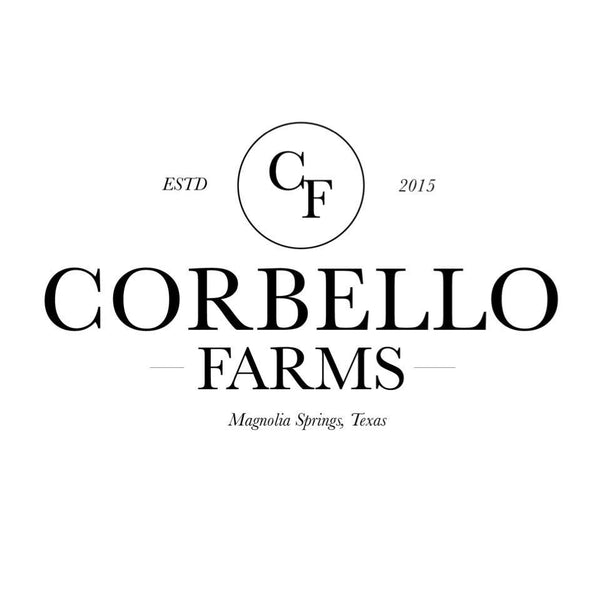The Benefits of Using Lye Soap vs Store-Bought Soaps
In the world of skincare and hygiene, the soap you choose can significantly impact your skin's health and the environment. Lye soap, an age-old traditional product, is making a resurgence, celebrated for its simplicity and effectiveness.
Organic Ingredients: A Healthier Choice
The shift towards organic ingredients in soap making is driven by a growing awareness of the potential health risks associated with synthetic chemicals. Organic ingredients, derived from natural sources without the use of pesticides or chemical fertilizers, offer a purer, more skin-friendly alternative. When you use soaps made with organic oils, herbs, or essential oils, you're applying products that are closer to nature. These ingredients are generally more gentle on the skin and less likely to cause irritation or allergic reactions, making them ideal for those with sensitive skin or conditions like eczema and psoriasis.
Moreover, organic ingredients often retain more of their natural nutrients, such as vitamins, antioxidants, and minerals, which can be beneficial to the skin. For instance, organic shea butter or coconut oil in lye soaps can provide more effective hydration and skin nourishment compared to their non-organic counterparts. These natural moisturizers help maintain the skin's barrier function and prevent dryness, keeping the skin healthy and resilient against environmental stressors.
The Downside of Chemicals in Modern Soaps
In contrast, many modern soaps and cleansers contain a cocktail of synthetic chemicals, some of which have raised health concerns. For example, parabens, commonly used as preservatives in personal care products, have been linked to hormonal imbalances and are suspected to be endocrine disruptors. Similarly, sulfates, which create the lather in many soaps and shampoos, can strip the skin of its natural oils, leading to dryness and irritation. Furthermore, some of these chemicals are not just harmful to human health but also to aquatic life, contributing to environmental pollution when they wash down the drain.
Fragrances and dyes, added to many commercial soaps to make them more appealing, can also be problematic. Synthetic fragrances are among the top five allergens in the world, and continuous exposure can lead to sensitization and allergic reactions. The use of artificial dyes, while making soaps visually attractive, adds no functional benefit and poses an unnecessary risk, particularly to those with sensitive skin.
Embracing a Natural Approach
By choosing soaps with organic ingredients, consumers can avoid these potential health risks. Not only are they choosing a product that is better for their skin and overall health, but they are also making a conscious choice to reduce their exposure to harmful chemicals. This mindful approach to skincare aligns with a broader trend towards health and wellness, where individuals seek products that are not only effective but also safe and ethically produced. In this context, the humble bar of lye soap, made with organic ingredients, stands out as a symbol of a return to simplicity and purity in skincare.
Here's a deep dive into why lye soap may be a superior choice compared to many store-bought soaps.
1. Natural Ingredients for Sensitive Skin
Lye soap is renowned for its minimalistic ingredient list, typically consisting of lye (sodium hydroxide) and natural fats or oils. This simplicity is a boon for sensitive skin. In contrast, many store-bought soaps contain a long list of synthetic ingredients, including fragrances and preservatives, which can irritate sensitive skin or trigger allergies.
2. Effective Cleansing Without Harsh Chemicals
One of the most significant advantages of lye soap is its effective cleansing properties. Lye, a natural cleaning agent, offers a deep clean without the need for harsh chemicals. Many commercial soaps, however, rely on synthetic detergents that can strip the skin of its natural oils, leading to dryness and irritation.
3. Moisturizing Benefits
Despite its strong cleansing power, lye soap can be surprisingly moisturizing. Traditional recipes often include natural fats like animal lard or plant-based oils, which help to nourish and hydrate the skin. In contrast, some store-bought soaps can leave the skin feeling dry and tight due to the presence of harsh surfactants.
4. Eco-Friendly and Biodegradable
Lye soap is eco-friendly. Its biodegradable nature makes it a more sustainable choice compared to many store-bought soaps that come in plastic bottles or contain non-biodegradable ingredients.
5. Suitable for Multiple Uses
Lye soap isn't just for your skin. It can be used for various household cleaning tasks, offering a natural, chemical-free solution. This versatility is something that specialized store-bought soaps often lack.
6. No Artificial Fragrances or Colors
Many people are sensitive to artificial fragrances and dyes found in commercial soaps. Lye soap usually is free from these additives, making it a safer choice for those with fragrance sensitivities or who prefer to avoid synthetic colors in their skincare products.
7. Supporting Traditional and Artisanal Practices
Purchasing handmade lye soap often means supporting small businesses or artisans who use traditional soap-making methods. This not only helps preserve these practices but also promotes the local economy.
Conclusion
While store-bought soaps are convenient and widely available, the benefits of traditional lye soap are hard to overlook. From its natural ingredients and moisturizing properties to its environmental friendliness and effectiveness, lye soap is a compelling alternative for those looking to simplify their skincare routine and reduce their ecological footprint.
Remember, the best soap for you depends on your skin type, environmental concerns, and personal preferences. However, if you're leaning towards natural, effective, and eco-friendly options, lye soap is certainly worth considering.

